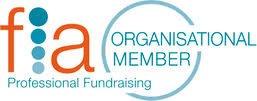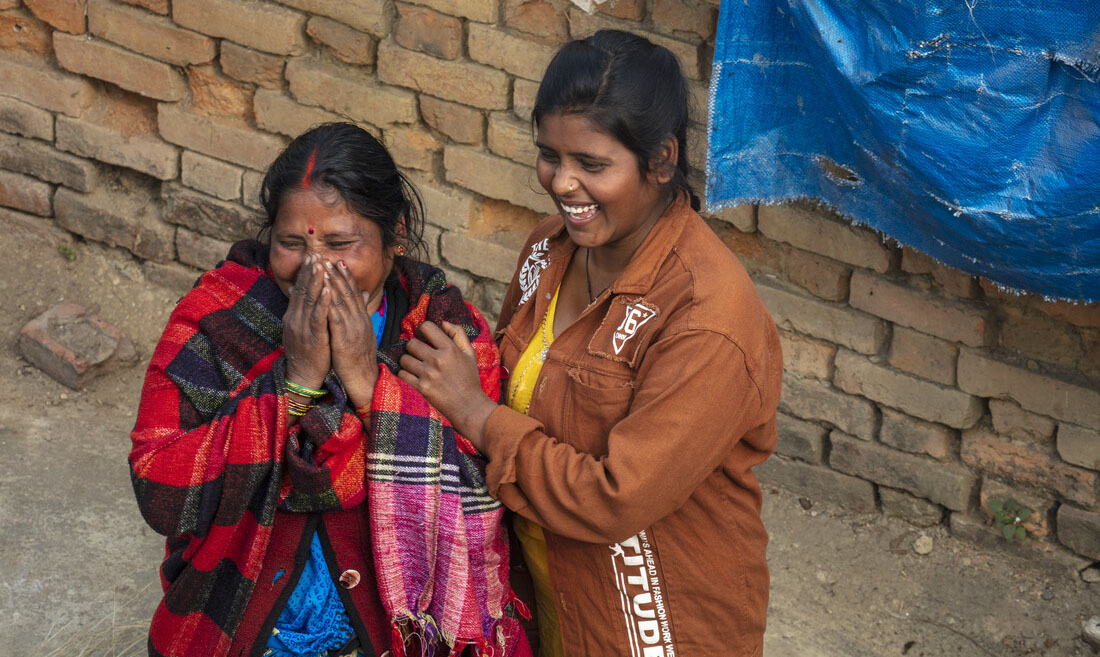To ensure accountability and transparency, CARE Australia carefully manages all the projects we undertake.
We are a signatory to:
- ACFID Code of Conduct
- ICRC Code of Conduct
- FIA Code
- Sphere Project
- Core Humanitarian Standards Alliance
- Charter4Change
- Disability Inclusion Charter
These codes of conduct set out standards that guide how our organisation behaves, how we are managed, how we communicate with the public and how we spend the funds we raise.
CARE Australia is also a member of the People in Aid network, which promotes good practice in the management and support of aid personnel.
CARE Australia Values and Code of Conduct
The purpose of our policy is to provide advice on the standards of behaviour that are required of CARE Australia employees. It provides guidance on CARE Australia’s values and code of conduct and promotes ethical behaviour and sets expectations of our employees across all locations. We invite everyone to read our Code and welcome any feedback.
ACFID Code of Conduct
CARE Australia is a member of the Australian Council for International Development (ACFID) and a signatory to the ACFID Code of Conduct. The Code requires members to meet high standards of corporate governance, public accountability and financial management.

Child Safeguarding Policy
CARE Australia is committed to delivering child-safe development and humanitarian programming. We strive to uphold the rights of all children, and prevent all forms of child-related harm, abuse and exploitation. You can read our Child Safeguarding Policy in full here. Our safeguarding investigation flowchart is here.
CARE International Safeguarding Policy
Our global Safeguarding Policy reflects CARE’s commitment and recognition of our responsibilities to protect and safeguard people we work with, and who work for CARE, from any form of abuse, including sexual harassment, exploitation and abuse, physical and emotional abuse, neglect, and child abuse and exploitation.
Harm to anyone, including by any of our staff, is totally unacceptable. You can read our global Safeguarding Policy which explicitly outlines unacceptable behaviour, and what we will do to investigate allegations, support survivors and discipline those responsible, including referring them to the relevant authorities. Our safeguarding investigation flowchart is here.
The ICRC Code of Conduct
CARE Australia adheres to the Code of Conduct for the International Red Cross and Red Crescent Movement and Non-Governmental Organizations (NGOs) in Disaster Relief, which seeks to guard standards of behaviour. It aims to maintain the high standards of independence, effectiveness and impact to which disaster-response NGOs aspire.
It is a voluntary code, enforced by the will of each organisation accepting it to maintain the standards laid down in the Code.
The FIA Code
CARE Australia is an Organisational Member of the Fundraising Institute of Australia (FIA) and is a signatory to the FIA Principles and Standards of Fundraising Practice (Code of Conduct). As a signatory, CARE upholds the highest ethical and professional standards for fundraising.

The Sphere Project
CARE Australia’s vision and mission statements reflect those outlined in the Sphere Project.
The Sphere Project is based on two core beliefs: first, that all possible steps should be taken to alleviate human suffering arising out of calamity and conflict, and second, that those affected by disaster have the right to a life with dignity and therefore a right to assistance.
The Core Humanitarian Standards Alliance
As a member of the Core Humanitarian Standards Alliance, CARE takes leadership in establishing functional accountability mechanisms for crisis affected people in general and women and girls in particular. CARE is dedicated to aligning its own Humanitarian Accountability Framework to the Core Humanitarian Standards principles.
Charter4Change
An initiative led by both national and international NGOs to practically implement changes to the way the humanitarian system operates to enable a more locally-led response.
CARE International Policy on Fraud and Corruption – Awareness, Prevention, Reporting and Response
As an organisation that has zero tolerance for fraud and corruption, all CARE International Members, including CARE Australia, agree to abide by this policy. We recognise that fraud and corruption have harmful effects on employees, the organization and society, and is a threat to our vision. This policy reflects the fundamentals regarding the prevention of, and response to, fraud and corruption. You can read the policy here.
Disability Inclusion Charter
CARE endorses the Charter on Inclusion of Persons with Disabilities in Humanitarian Action.
CARE Australia holds full accreditation status as a partner in the Australian Government’s NGO Co-operation Program. To maintain accreditation, CARE Australia’s systems, policies and processes are regularly and rigorously reviewed by the Government. Our status as a Partner Agency reflects the Government’s confidence in CARE Australia’s professionalism, accountability and effectiveness.
To find out more about CARE Australia’s continued monitoring and evaluation of programs, please visit our Lessons and impact page.
CARE Australia Complaints and Misconduct Statement
CARE Australia is committed to accountability and learning from feedback. We welcome complaints and feedback from anyone—including staff, partners, community members, supporters, and members of the public—and we take all complaints and feedback seriously.
We aim for high standards in all we do, but if we make a mistake or if someone involved in our work acts illegally, unethically, or unsafely, we want to know so we can take action and improve.
We have clear, accessible systems in place to receive and respond to complaints safely and fairly. All complaints will be investigated and addressed.

